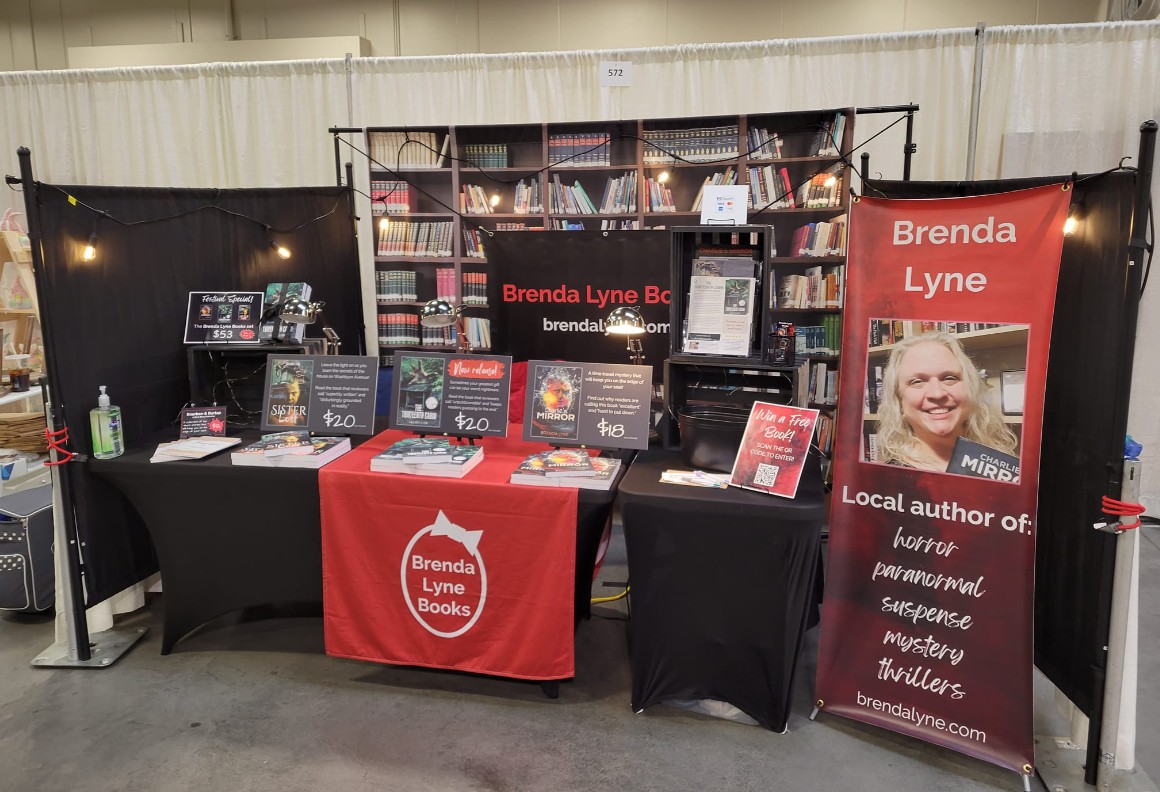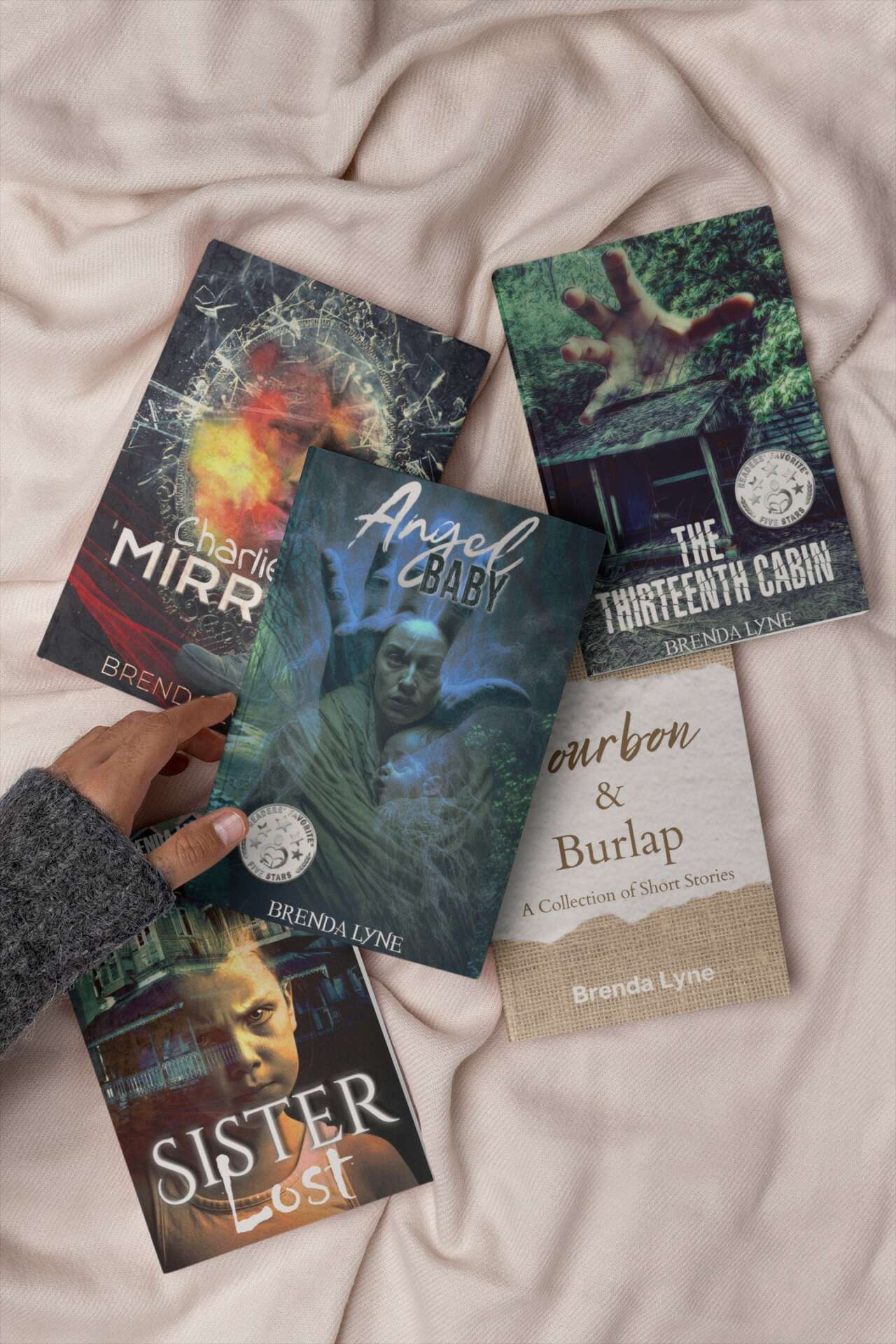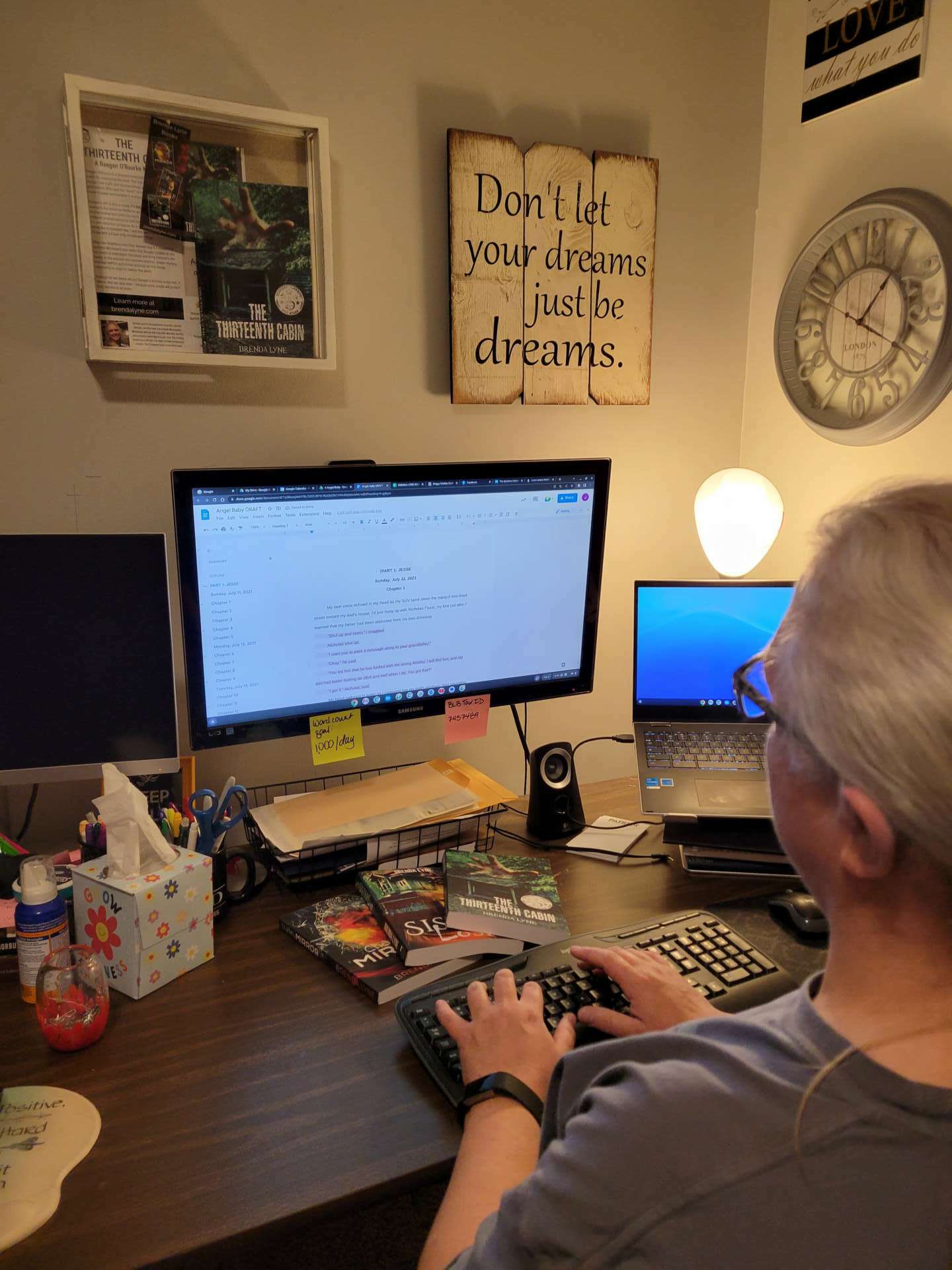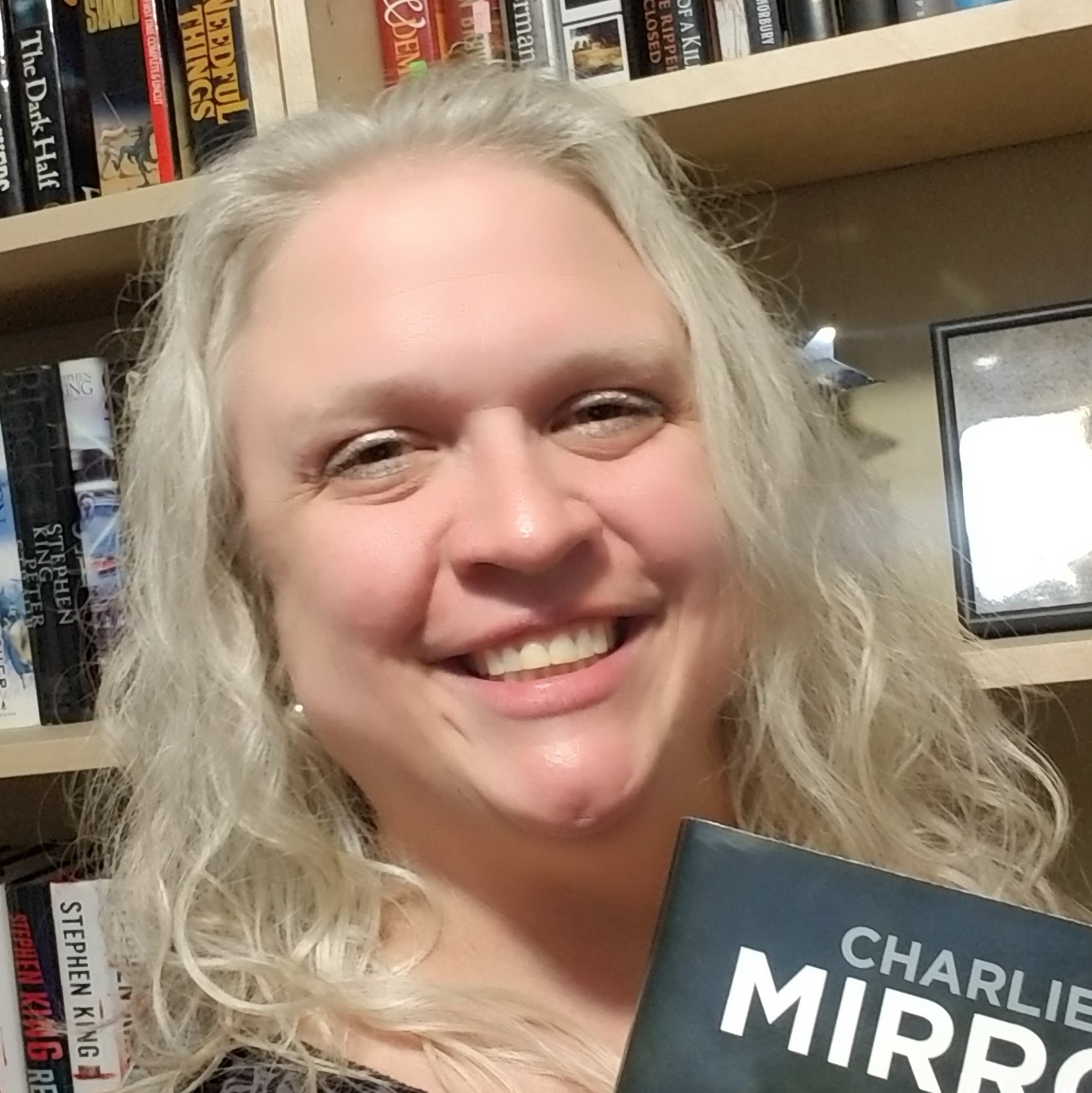We were lucky to catch up with Jennifer DeVries recently and have shared our conversation below.
Jennifer, thanks for taking the time to share your stories with us today To kick things off, we’d love to hear about things you or your brand do that diverge from the industry standard.
Did you know that only 1% of authors are traditionally published these days?
Literary agents and the Big 5 publishers (Penguin Random House, Hachette, HarperCollins, Macmillan, and Simon & Schuster) don’t take chances on unknown authors anymore. You pretty much have to be famous already, with a huge following, in order to have a shot at getting your book published.
I started my journey as a starry-eyed new author with big dreams of making it big through traditional publishing. After countless rejections, reality set in and I realized that the only way my book was going to get out there was if I did it myself. So I pivoted to self-publishing and, leveraging online platforms that make self-publishing easier than ever, forged a business model that is completely different than the typical agent-publisher-bookstore model that was the standard for many decades. I sell my books direct to readers via my website and arts & crafts fairs. This gives me the opportunity to make personal connections with the folks who read my books. This matters because I’m able to give my readers a deeply personal experience that they’ll remember. Having a bookstore in the middle would make that much more difficult.
There is no better feeling than making someone smile (or even cry) when I offer to sign the book they just purchased. Or when they write me to tell me how much they loved my book. Those are the things that keep me going.

Great, appreciate you sharing that with us. Before we ask you to share more of your insights, can you take a moment to introduce yourself and how you got to where you are today to our readers.
I always knew I wanted to be a writer. But it took me a really long time to work up the courage to do it. After twenty-plus years of hemming and hawing, the catalyst was a request for my development plan at work. I couldn’t make myself write one, because I knew that climbing the corporate ladder was not what I wanted to do with my life. I knew what I really wanted to do, and I realized the only thing stopping me was…me. So I took a short story class at the Loft Literary Center in October 2018, dusted off the cobwebs, and I haven’t stopped writing since.
My favorite thing about writing fiction is the creative license to make things up. To a point. I want the people, places, and circumstances in my books to be believable, but I don’t get hung up on a lot of the nitty gritty details. That makes research pretty easy for books like mine; I can find pretty much everything I need as I go with basic Google searches.
I spend a lot of time plotting and outlining. I know how a story is going to move and flow, and how it will end before I ever type “Chapter 1.” Sometimes things morph a bit, or I’ll find plot holes or glaring questions as I work, but for the most part I stay true to my outline.
The hardest part for me, still, is making the time to write. I have a full-time career and two busy kids, so finding chunks of time can be a real challenge. Often, you’ll find me sitting in my car working on my book while my son is at baseball practice, or my daughter is at dance class. Whatever it takes to keep making forward progress.
Stephen King is my hero, and is a very strong influence on my writing. Not the super-gory horror stuff (although I do love to read that; “It” is my favorite of his books), but more the psychological and paranormal explorations of life and death (“Bag of Bones” is my other favorite of his novels). I also appreciate a good crime thriller/police procedural along the line of John Sandford, P.J. Tracy, and Kathy Reichs.
In addition to being an author, I am a sports mom, a cat mom, a world-class thrift shopper, and a pretty decent vegetable gardener.

Can you share a story from your journey that illustrates your resilience?
In 2020, after north of 70 rejections from literary agents on my first novel, CHARLIE’S MIRROR, I was just about to throw in the towel when a small publisher, City Limits Publishing (CLP) out of Nashville TN, expressed interest during the #PitMad querying event on Twitter that fall. I submitted, and promptly received a proposal to publish. I read the contract thoroughly, did what I thought was some pretty good due diligence, and, seeing no real red flags, jumped at the chance.
It was a literal dream come true: my book was going to be published! For anyone to buy and read! Holy crap!
The excitement didn’t last long. I’m a publishing novice, but I’ve been plotting and planning my author journey long enough to have a pretty good idea of how the industry works. For example, it typically takes at least a year for a traditional publisher to bring a novel to market. Robert, the owner of CLP, told me he could do it in three months.
That was the first red flag. But I went along with it because my book was gonna be published!
I tried to keep a positive outlook as CHARLIE wound through the process, but I began to notice other troubling things: Robert was not very good at delivering on his promises and always had an excuse when confronted. The interior formatting of my book was unconventional at best, with giant spaces between paragraphs. The cover concepts he gave me were utterly inappropriate for the book’s genre. And don’t even get me started on editing. It took forever, and the feedback I received was minimal and looked more like a basic proofread. I expected developmental feedback having to do some rewrites, like what happens with traditional publishers. Nope. Nothing. I justified this in my mind by reasoning that this was because it was just so darn well-written.
All the while, with every question and concern I raised, Robert went to great lengths to make me feel like I was being difficult and uncooperative, impatient, trying to control his process. It worked, because that book was my life’s work and I didn’t want to jeopardize its publication. He was more than happy to use that to manipulate me.
After CHARLIE hit the market with basically no fanfare in December 2020, the fulfillment problems began. And they were HUGE. Printing delays, shipping delays — it was a nightmare. People who ordered a copy of CHARLIE direct from the publisher waited three to four months or more to receive their book. At first Robert blamed COVID and the USPS’ troubles over the holiday season. Then he just blamed USPS. And, if challenged by me or by my readers, he lashed out in anger. I was horrified by the way he spoke to paying customers.
By March of 2021, sales reports were coming late. Shortly after that, royalty payments stopped coming. Robert and I were in a constant state of conflict. I was beginning to realize that this arrangement was not working for me, and his efforts to isolate me and make me feel like I was his only problem author no longer worked.
In April, after yet another epic fight, he offered me the chance to get out of my contract. I think he was shocked when I took him up on his offer and terminated my contract for CHARLIE; he retaliated by also terminating our agreement for SISTER LOST.
After that I needed to know if I truly was the only problem child on Robert’s rapidly growing author roster (in those seven months, he brought on nearly 40 authors. Yet another red flag). I began reaching out to fellow CLP authors, and before I knew it, I had surrounded myself with a couple dozen other authors who had endured the same abuse that I had. One by one they terminated their contracts with him. Desperate to stop him exploiting our work for his own personal gain, we approached Victoria Strauss of the industry blog Writer Beware. She published our story in June. Three weeks later his entire staff quit after not being paid for MONTHS. Three weeks after that CLP was out of business and Robert disappeared.
Now many of us are on our own paths, having decided to give this independent publishing thing a go. Others are still trying to find their best path forward, but I have no doubt they’ll get there. None of us is inclined to let one mistake — signing on with a con/cheat/pathological liar to publish our life’s work — keep us down. We are authors, damn it…and we have stories to tell!

For you, what’s the most rewarding aspect of being a creative?
My favorite thing about being an author is the ability to hold a book in my hands and say, “I made this.” Something that didn’t previously exist started as an idea and became a tangible thing — there is nothing more rewarding than that.
Contact Info:
- Website: https://brendalyne.com
- Instagram: @akabrendalyne
- Facebook: facebook.com/akabrendalyne


